This year, Spain's largest prickly pear producer, based in the Murcian municipality of Valladolises, will have to delay the start of the harvest until the beginning of September. "The season will be delayed by around ten days compared to last year, but we will once again have fruit of very good quality and sizes from the start," says Pedro Pérez, Manager of Don Chumbito.
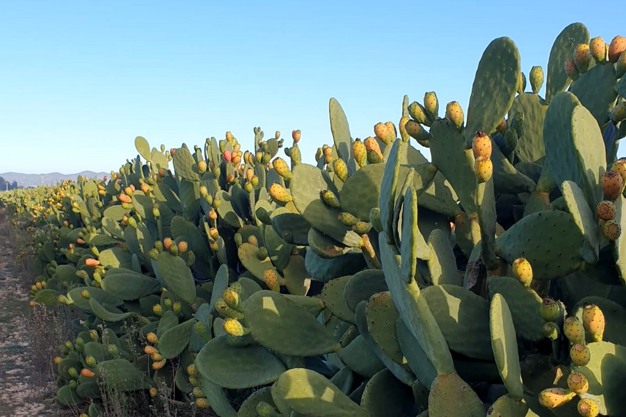
The production volumes will peak in September and October, although there will still be smaller quantities available during the rest of the year. "This year, our production has unfortunately been reduced because of a cochineal mealybug pest, which has forced us to remove 50% of our plantations; and although we are receiving orders from all over Europe and from countries such as Canada, the United Arab Emirates and Israel, this year we have decided to focus on the domestic market, since we won't have enough kilos to export."
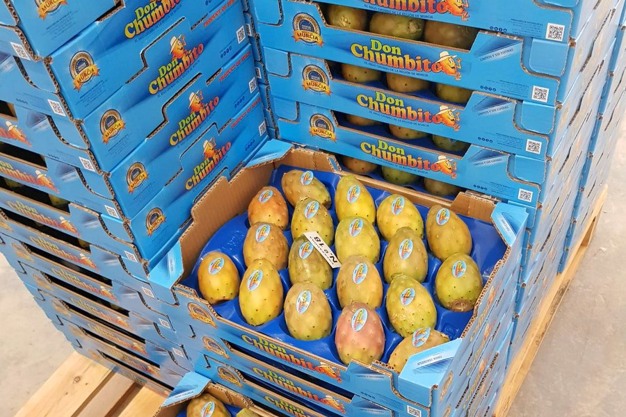
"We are not currently receiving any kind of aid or support from the administrations to help us tackle this pest, because in Spain, unlike in Portugal or Italy, the prickly pear cactus is still listed as an invasive species," says Pedro. "The cochineal mealybug is not only a problem in Spain, where it is practically wiping out the production, but also in other producing areas of the world, from Tunisia, Morocco or Algeria, to Israel or South Africa. This is why the new variety we have obtained in our fields after years of work, which can resist the insect's attack, is so valuable."
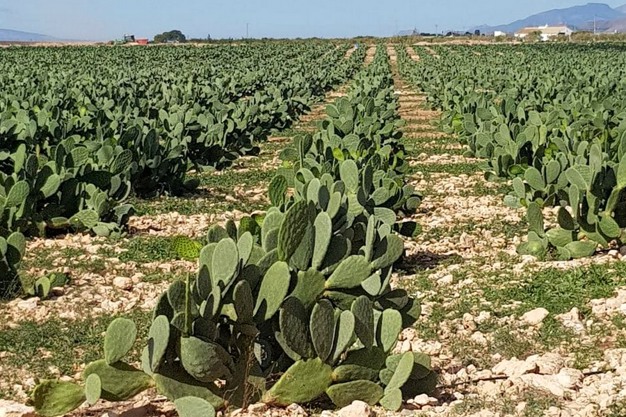
"We started this project four years ago with more than 500 biotypes and, either by crossing or by some kind of mutation (for us, it is simply a gift from nature), we have managed to isolate a biotype that is not affected by the cochineal mealybug."
"The Sun Candy, which is what this variety is going to be called, yields prickly pears of very good sizes. The fruits have a yellow skin with pinkish tints, a crunchy, dark orange flesh and very high Brix levels. In fact, I would go as far as to say that it is the sweetest prickly pear I have ever tasted."
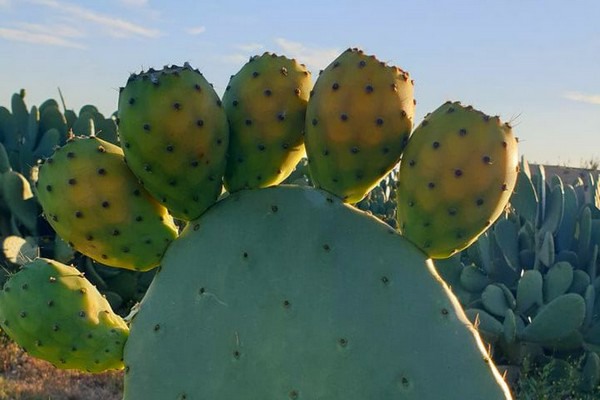
"By next year, we should already have enough plants to set up commercial plantations, and in a couple of years we hope to start selling our Sun Candy prickly pears on the domestic and export markets."
"In any case, despite the drop in the production caused by the pest, this year, as always, we will continue to have fruit of extraordinary quality. Don Chumbito is the best prickly pear producer, as shown by our fruit's demand and the prices it is fetching on the market. Prickly pear cultivation is a highly technical activity; you need to be 100% devoted to it to obtain the best fruit, and from the beginning, we set out to become nothing but the best."
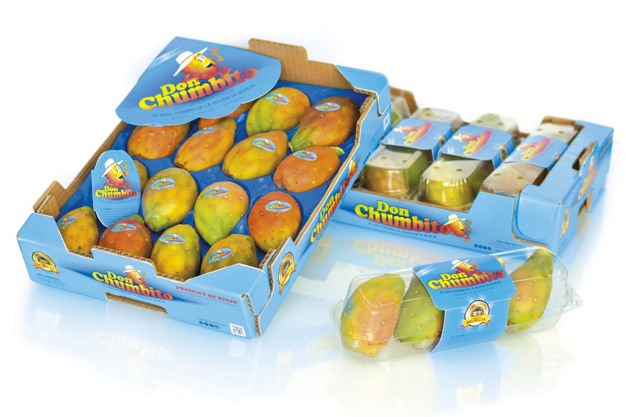
 For more information:
For more information:
Don Chumbito
Paraje Cabecico del Rey, Km. 1
30154 Valladolises, Murcia, Spain
Tel.: +34 616 238 204
[email protected]
http://donchumbito.com
